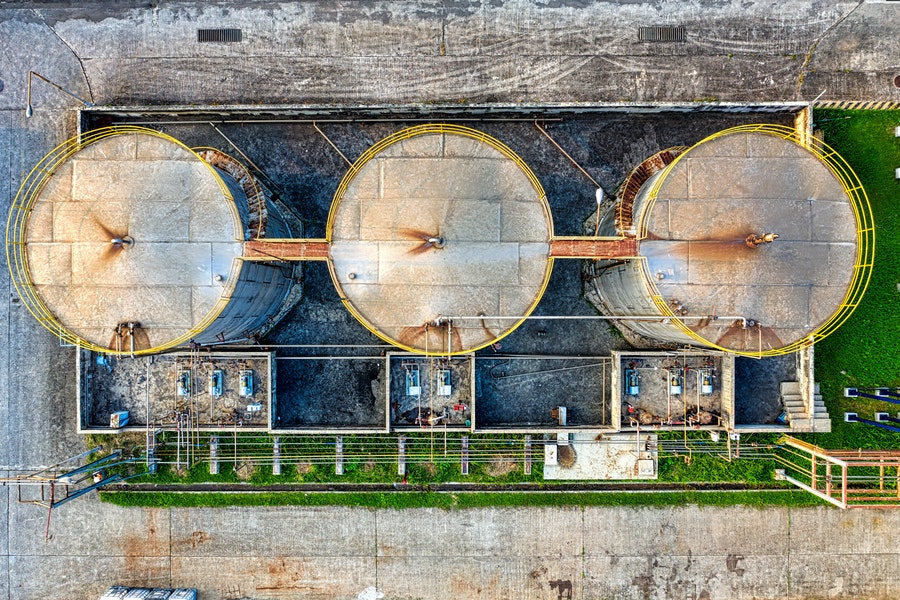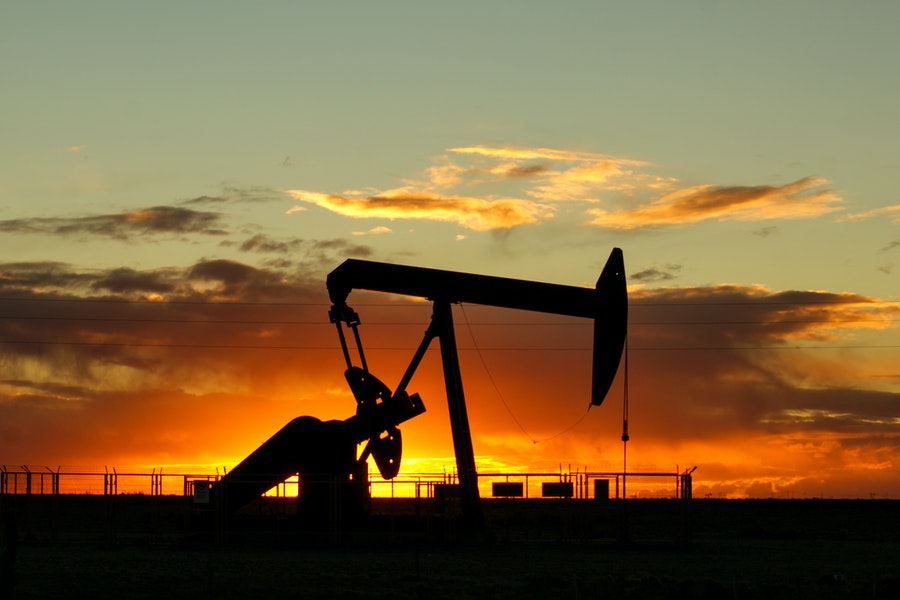Today, oil and gas companies have to respond to numerous challenges: the transition to alternative energy sources, increasingly volatile oil prices, increased global competition, the development of new technologies, and increasingly complex regulatory requirements. Last but not least – each company in the industry also needs to have a comprehensive oil and gas marketing strategy.
All these factors increase the complexity of the environment and the level of risk even for the most efficient enterprises.
That’s why these companies need someone who can help drive new digital business models and agile strategies that will enable them to mitigate emerging risks, outperform competitors and achieve sustainable benefits for years to come.
In this article, we’ll look at four proven strategies on how oil and gas companies can improve their marketing strategies.
Importance of marketing strategies
The formation of a marketing management strategy is an area of activity for top management, focused on determining the organization’s preferred directions and trajectories of the organization’s development according to market requirements, setting goals, allocating resources, and building competitive advantages.
The modern oil and gas industry faces numerous challenges associated with the emergence and development of various digital technologies.
Rising oil price volatility further complicates the rapidly changing energy sector, where digitalization, the trend towards cleaner energy systems, and demand for more personalized services threaten national mandates and shareholder returns while forcing a rethinking of expected commodity prices and value chains.
To achieve their goal in today’s world, oil companies need to develop new market behavior strategies that will help them transform core business processes and at the same time allocate funds to create and develop new lines of business.
Some companies are already at the stage of transition from “oil” to “energy,” redefining their global goal and mastering new lines of business.
However, with new players already emerging in the industry ready to use modern technologies, and value steadily shifting towards processing companies, existing players need to act quickly to keep up with competitors. This also means having and utilizing effective oil and gas marketing strategy.
Mastering the next generation of digital technologies
As the oil and gas industry shifts to harnessing ecosystems and making timely and informed decisions based on data, new technologies are becoming a critical enabler for businesses to unlock their potential.
From this point of view, the key technologies are new technologies, which include a distributed ledger/blockchain, artificial intelligence (AI), augmented reality (XR), and quantum computing.
Each of them is effective and separately, but together they can change the principles of the entire energy industry.
Combining these technologies will allow oil and gas companies to increase their market capitalization by 44 percent.
Forty-two percent of mining executives and 30 percent of refinery executives believe that AI will have the most significant impact on their business in the short term.
The oil and gas industry, which is highly dependent on the experience and qualifications of engineering staff, has many older employees. In addition, young professionals often do not want to work in the oil and gas sector, as they are concerned about environmental issues.
To retool the future, oil companies will need to improve workforce skills and optimize productivity. They will need new data and digital capabilities.

Maintaining high demand in the modern world
The world of energy is becoming increasingly interconnected and non-linear. With this in mind, the study examines how oil companies can re-engineer their operating models and set higher goals in their strategies to ensure future flexibility and relevance to better respond to market changes, adapt to rising consumer expectations, and meet stakeholder needs attract young qualified professionals. In this regard, they need to consider three key factors.
Each oil and gas company is unique in its way, as is any personal transformation process. To implement changes in the oil and gas industry, companies must adjust their asset portfolios in time – that is, to develop new lines of business and business processes, while maintaining the profitability and flexibility of existing portfolios. Therefore, that means that a brand should also have a unique oil and gas marketing strategy.
Next, we reflect on four proven oil and gas marketing strategies to help your brand stand out in the oil and gas industry.
1. Staying ahead of the growing competition
Internet marketing is critical to staying ahead of the competition in the oil and gas industry. Internet marketing includes tactics to help your brand site rank high in search engine results for targeted keywords related to your services.
This additionally allows brands to interact with potential and existing customers.
In addition, it would be a good idea to keep in touch with competitors and develop connections with them, as this provides many advantages. Companies can find out what others are doing to stay competitive while facing similar industry challenges. Companies can also quickly add value to a brand. The easiest way to build a strong network is to attend events or join industry associations, whether local or global.
2. Online brand visibility
Oil and gas company keywords receive hundreds of thousands of searches per month. Thus, companies must be available on the Internet.
Companies can revamp brand websites and use social media tactics to create a robust online presence.
Make sure that when you advertise online, you’re not just advertising your business to clients who are looking for you; however, you can also make it easier for them to reach you.
By being available 24/7 on social media, including the contact forms on your website, and sending regular email newsletters to your existing customers, you enable your potential customers to get the information they need.

3. Brand recognition
When you start building your brand online with oil and gas digital marketing, you inform your potential customers about what your company does, what it stands for, and what it promises to deliver to its customers.
Your website presents information about your company, and therefore the content presented here should be creative, and informative, and unique.
Search engine optimization or SEO can help you drive high-quality traffic to your oil and gas website. Since people search for tons of information using Google, you should get your website on the first two pages. This will make it a lot easier when search engines crawl and go through your website.
Keyword research is an element of SEO that allows you to optimize your content for keywords of great importance to your industry.
4. Online advertising
Pay per click is a type of online advertising that allows you to direct your budget to users who show interest in information about your company.
When you run these ads on search engines, you can target users to the keywords they are searching for. In turn, this allows you to promote your content to your most valuable customers.
With social media channels, you can easily target users based on their interests, demographics, and tags, allowing you to reach specific audiences. This will enable you to divide your target audience into the right segments and talk to them directly.
With PPC, you can make sure the right people view your content. Plus, it saves your budget as you only pay for those interested people who click on your ad. With this kind of online marketing, you can direct visitors to your landing page, quickly leading them into the sales funnel.

Conclusion
So, all you need now is to see what digital marketing opportunities are best for your oil and gas business. If you can’t decide on the proper channels or basic digital marketing strategies, hire a reputable digital marketing agency to get started.
An oil and gas market advertising agency will help you ensure that these efforts lead to the high demand and growth you are looking for in your oil and gas business.
In an era of rapid change, oil and gas companies will face many challenges. However, while any disruptive change brings new risks, it also creates a host of new growth opportunities. This boosts the reputational appeal of a greener approach for investors, consumers, and employees.
An efficient oil and gas marketing strategy can help companies better understand complex factors and their impact on their business and enable them to maximize their opportunities and succeed in the new energy landscape.

